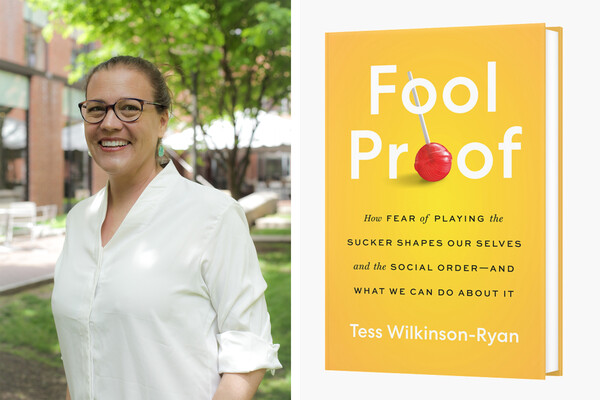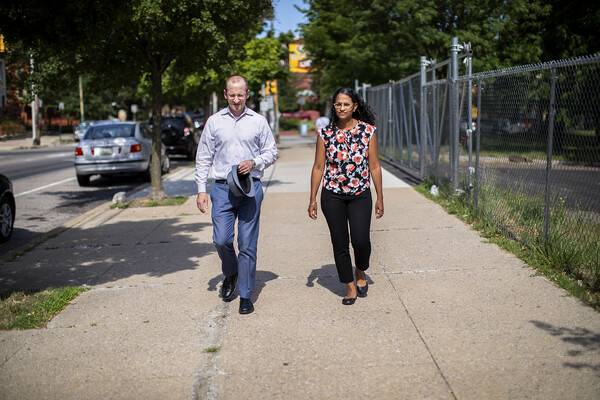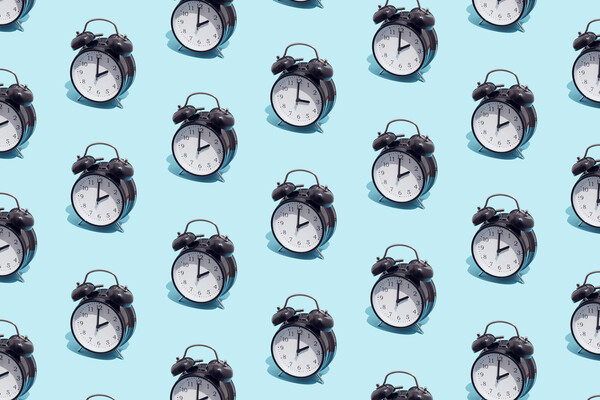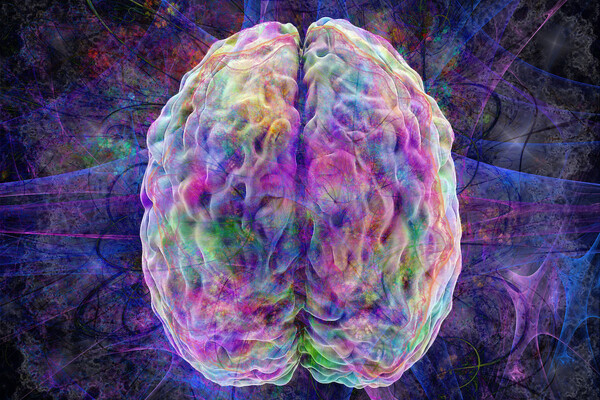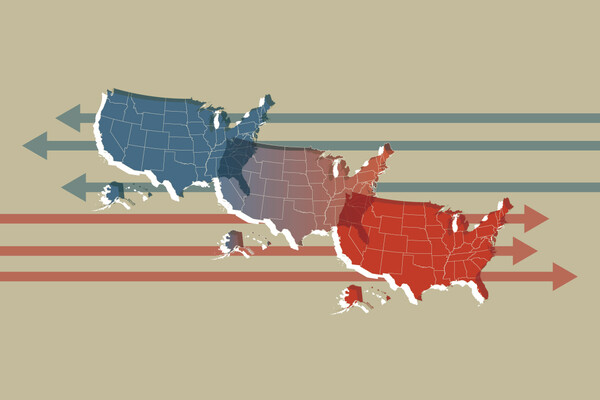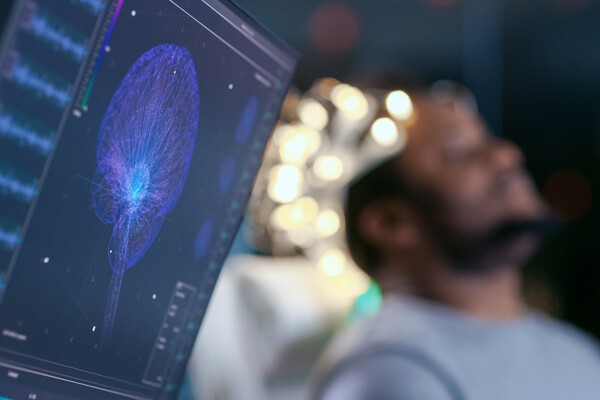4/22
Psychology
The psychology of playing the fool
Law professor Tess Wilkinson-Ryan’s new book “Fool Proof: How Fear of Playing the Sucker Shapes Ourselves and the Social Order―and What We Can Do About It” explores the psychology of fools, dupes, cons, and morality.
Restricted abortion access linked to increased suicide risk in young women
Research from the University of Pennsylvania and Children’s Hospital of Philadelphia determined that this association exists for women of reproductive age, findings that hold potential clinical, policy, and ethical implications.
Six tips for a happy holiday season
Positive Psychology experts share their advice for boosting well-being this holiday season.
Abandoned house repairs reduced nearby gun violence
Installing working windows and doors, cleaning trash, and weeding at abandoned houses led to safety improvements and should be considered in efforts to create healthy communities, according to researchers from University of Pennsylvania and Columbia.
A link between social environment and healthy brains in wild rhesus macaques
Research from Penn, Arizona State University, the National Institute of Mental Health, and elsewhere finds that on the island of Cayo Santiago, female monkeys with a higher social status had younger, more resilient molecular profiles.
What our twice-a-year shifts to the clock do to the body
Disruptions to sleep patterns and the body's circadian rhythms are a toll of the twice-a-year shifts between Daylight Saving Time and standard time, says sleep expert Philip Gehrman.
The language of loneliness and depression, revealed in social media
By analyzing Facebook posts, Penn researchers found that words associated with depression are often tied to emotions, whereas those associated with loneliness are linked to cognition.
During sleep, one brain region teaches another, converting novel data into enduring memories
Using a neural network model, Penn neuroscientist Anna Schapiro and colleagues found that as the body moves between REM and slow-wave sleep cycles, the hippocampus and neocortex interact in ways that are key to memory formation.
Where political views and fundamental beliefs intersect
Research from The Penn Primals Project debunks the idea that conservatives think the world is more dangerous than liberals, findings with implications for future research and productive political debate.
Defining neural ‘representation’
Neuroscientists frequently say that neural activity ‘represents’ certain phenomena, PIK Professor Konrad Kording and postdoc Ben Baker led a study that took a philosophical approach to tease out what the term means.
In the News
Expect to see AI ‘weaponized to deceive voters’ in this year’s presidential election
Cristina Bicchieri of the School of Arts & Sciences says that AI-generated misinformation exacerbates already-entrenched political polarization throughout America.
FULL STORY →
Can money buy you happiness? Yes, it can. However…
Research by Matthew Killingsworth of the Wharton School reveals there is no monetary threshold at which money's capacity to improve well-being diminishes.
FULL STORY →
Philadelphia hospital program adds psychologists to bridge mental health services for trauma survivors
A new psychology team at the Penn Trauma Violence Recovery Program has provided about 46 survivors with short- and long- term therapy, featuring remarks from Elinore Kaufman and Lily Brown of the Perelman School of Medicine.
FULL STORY →
Early humans had ADHD, scientists say after making people play game online
A collaborative study by researchers from Penn suggests that the impulsive component of ADHD may provide a competitive advantage to learn from rivals and “catch” new methods of achievement.
FULL STORY →
Why hasn’t the new me shown up yet?
In his book “What You Can Change and What You Can’t,” Martin Seligman of the School of Arts & Sciences says that some personal qualities and habits can’t be changed without extreme difficulty.
FULL STORY →
The real reason you’re obsessed with spicy food
Paul Rozin of the School of Arts & Sciences agrees that it’s actually the pain that keeps us coming back for more spice.
FULL STORY →




